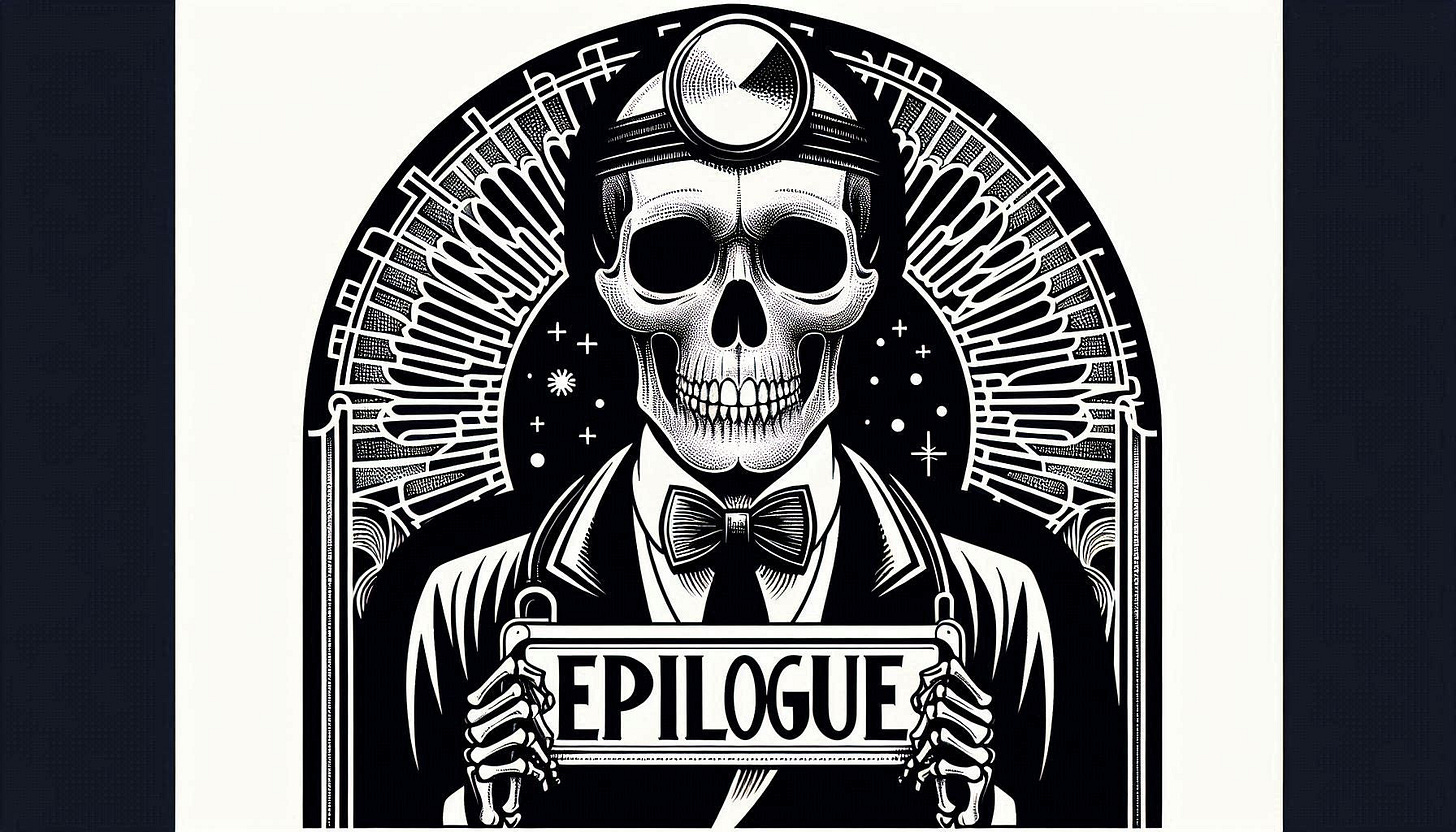This week’s collaborative article with Blake Madden/Hospitalogy on Big Retail in Healthcare has elicited a great response. (Here at The Surgeon’s Record, we call that the Blake effect!) Hindsight is 20/20 , for large companies who tread an uncertain path, and for those of us ruminating on the current and future state of healthcare.
Predicting the future is a fool's game. Any honest investor or analyst must admit as much. Succumbing to FOMO and following the crowd is mostly safe. If everyone else is doing it, there must be a rational reason. It's easier to let others think for you. Following along also carries less relative risk—if you lose, you're not alone.
Predicting trends and anticipating the future comes down to experience, intuition, knowledge, continuous information gathering, and … luck.
A few years ago, there were massive bets on virtual care fueled by the pandemic and a realization that healthcare underappreciated and underutilized telemedicine. While telehealth use is still higher than pre-pandemic levels, the momentum simply wasn't sustainable. Experience would have predicted this reversal. (Virtual continues, but it's likely only a handful of success stories will emerge).
Now we're on to AI, the next big case of FOMO. The venture capital funding freeze is starting to thaw, if you can convince investors your company has an AI play. But AI backlash is already surfacing. Costs and unclear use cases worry some. Others intuit that healthcare data capture, infrastructure, and care processes aren’t built for rapid, seamless technology adoption. AI in some form will undoubtedly stick, but healthcare may not be ready for implementation that matches the level of enthusiasm.
If I'm reading the tea leaves (leveraging 15 years of experience, knowledge, continuous learning, and intuition), the future of healthcare innovation lies in care delivery: direct care, advanced specialty care, outpatient centers/ASCs, and carefully constructed MSOs. Yes, there is a need (and opportunity) to create the infrastructure that enables this future. Yes, some of that will be tech-enabled.
This may seem like an odd prediction coming from someone who just authored an entire article on the failures of Big Retail Healthcare. The take home isn’t that care delivery is a dead-end street. It’s that these companies failed by letting FOMO supersede a willingness to play the long game and think differently. Because they all, save maybe Amazon, followed the same playbook (Medicare Advantage arbitrage, primary care entry point, outsourced specialty care, limited downstream offerings), they all failed (more or less) the same way at the same time.
We talk about value-based care but seem less willing to do the dirty work of creating sustainable models. We want transparency … or do we? We expect change but lack patience. There is broad agreement that patient and physician experience is poor, but how often is either one invited to the table? (Got my speaker rejection email from HLTH. My earnest brand of practicing orthopedic surgeon insights didn't make the cut.)
Fixing healthcare is a long game. Though we want revolution, we’re left with evolution. From where I’m sitting, there are no shortcuts. You can’t control luck, but you can gain knowledge and experience. Intuition can be honed. Instead of blindly following the crowd, see the future through your own focused lens.
- Ben





